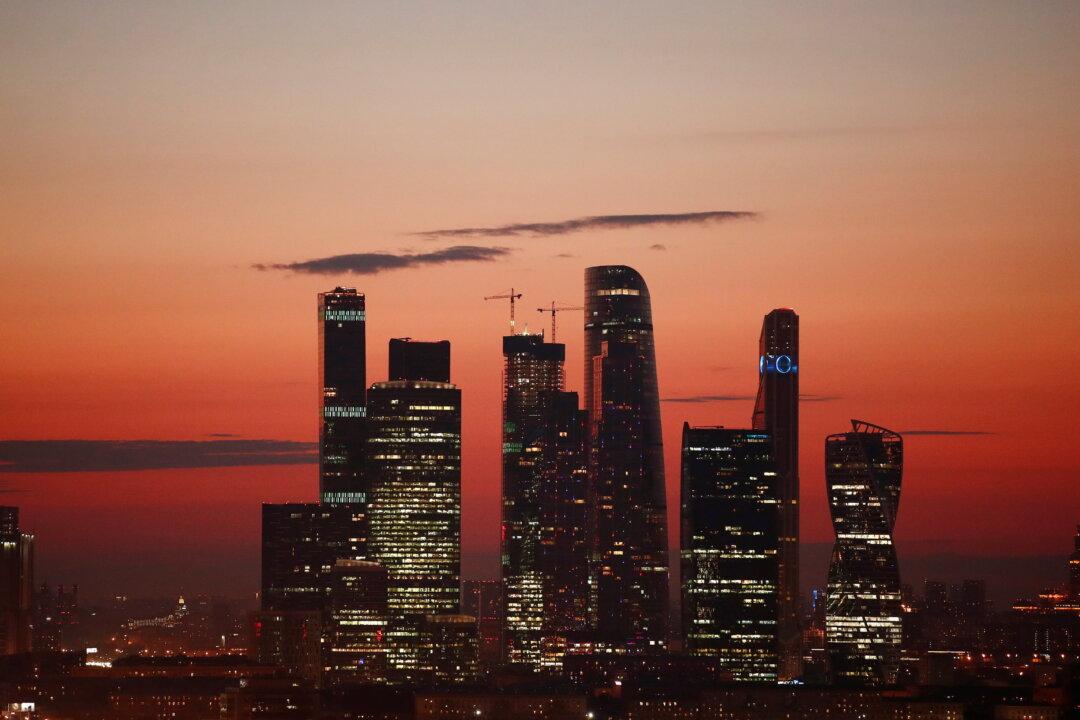Russia is offering foreign companies, seeking to exit the country, fast-tracked bankruptcy options as businesses face increasing challenges from western sanctions imposed as a result of Moscow’s initiation of war against Ukraine.
The fast bankruptcy plan “will support the employment and social well-being of citizens so that bona fide entrepreneurs can ensure the effective functioning of business,” said the government.





